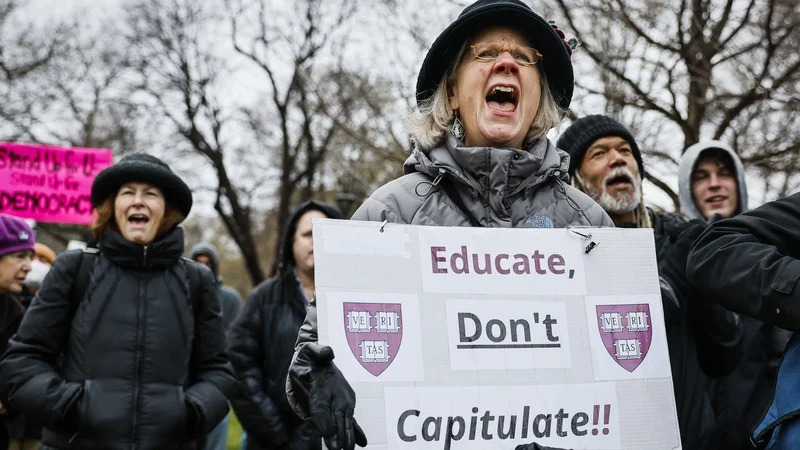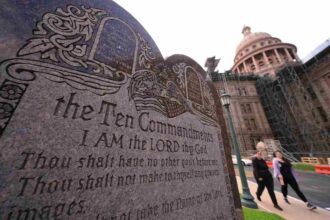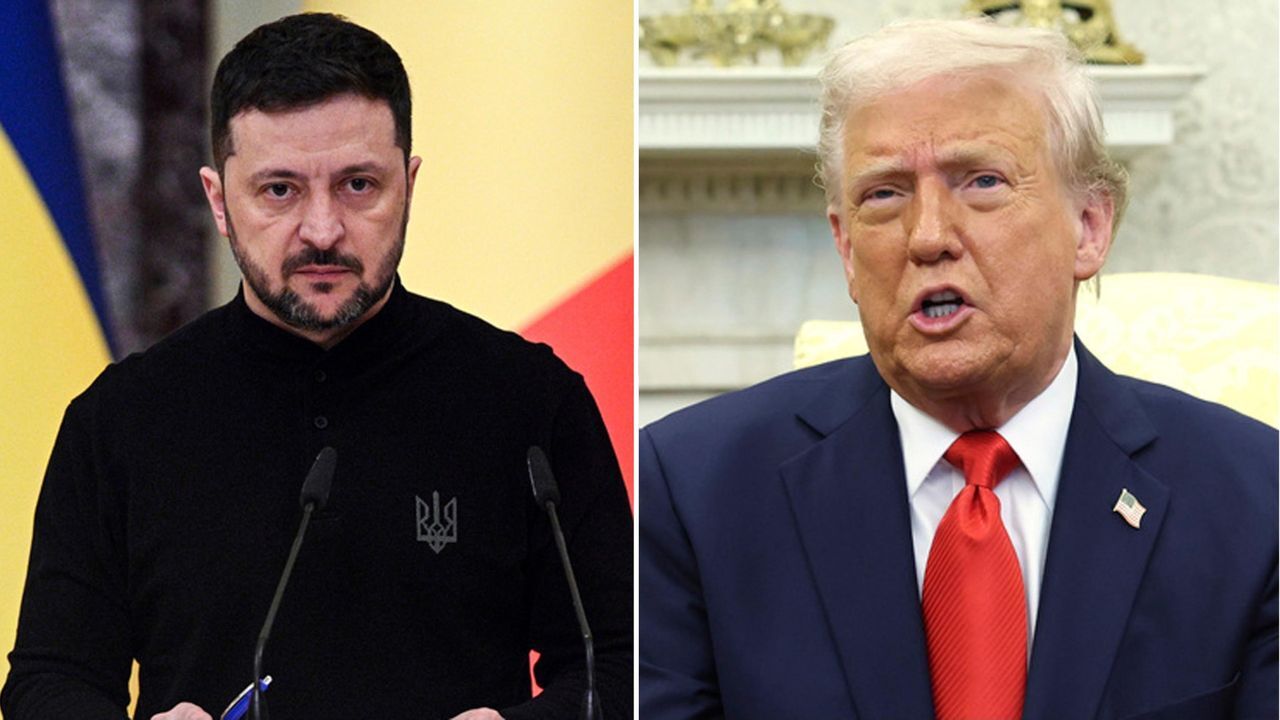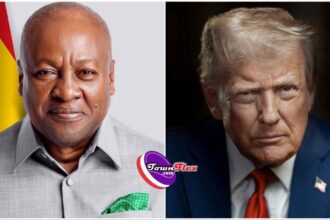Harvard University is taking a bold stand against the Trump administration, setting the stage for a major legal and political battle that could reshape the relationship between the federal government and America’s top universities.
On Monday, Harvard became the first university to openly defy an executive order from President Donald Trump that demands strict limits on student activism, particularly related to pro-Palestinian protests.
The administration has threatened to freeze over $2.2 billion in grants and $60 million in contracts to pressure the school into compliance.
But Harvard isn’t backing down.
In a sharply worded letter, Harvard’s legal team rejected the demands, arguing they violate the university’s First Amendment rights and threaten the independence that has long defined U.S. higher education.
“The university will not surrender its independence or relinquish its constitutional rights,” the letter stated. “Neither Harvard nor any other private university can allow itself to be taken over by the federal government.”
The Trump administration has used similar tactics against six other Ivy League institutions in recent months, but Harvard’s refusal marks a significant turning point. With a $53 billion endowment, Harvard has the resources and prestige to lead a broader pushback.
Already, the ripple effects are being felt.
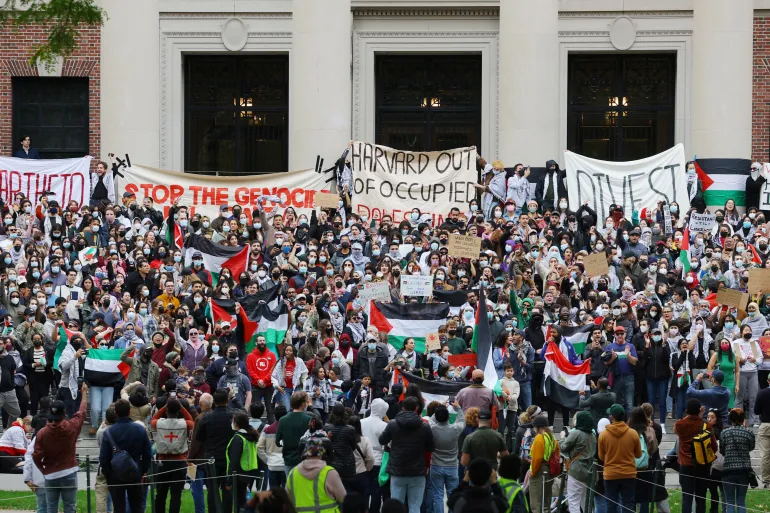
Columbia University’s acting president, Claire Shipman, initially signaled willingness to comply with the administration’s demands.
READ ALSO: Plane Crash Claims Lives of MIT Soccer Star Karenna Groff and Family
But after Harvard’s stand, she issued a more defiant message on Monday, saying, “some of these demands are not subject to negotiation.”
Legal challenges are now underway. A Harvard faculty group has filed a lawsuit, and many believe the university itself will soon follow.
Experts say the outcome could set a major precedent for how much control the federal government can exert over academic institutions.
“This is about more than one school—it’s about whether universities retain the freedom to govern themselves,” said Columbia law professor David Pozen.


